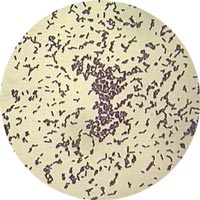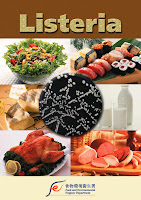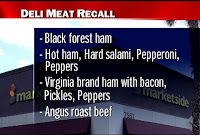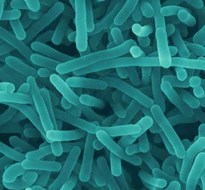 Listen up Italian food lovers–federal health officials say ricotta cheese tainted with listeria bacteria has been linked to 14 illnesses including at least one death. Eleven states are reporting illnesses linked to imported Italian ricotta salata cheese distributed by Forever Cheese, Inc., of New York. Forever Cheese has issued a recall of one lot—800 wheels of ricotta salata, or roughly 4,800 pounds—on Monday.
Listen up Italian food lovers–federal health officials say ricotta cheese tainted with listeria bacteria has been linked to 14 illnesses including at least one death. Eleven states are reporting illnesses linked to imported Italian ricotta salata cheese distributed by Forever Cheese, Inc., of New York. Forever Cheese has issued a recall of one lot—800 wheels of ricotta salata, or roughly 4,800 pounds—on Monday.
The Centers for Disease Control and Prevention (CDC) reports that the cheese was distributed to retail stores in California, Colorado, District of Columbia, Florida, Georgia, Illinois, Indiana, Massachusetts, Maryland, Maine, Montana, New Jersey, New Mexico, New York, Ohio, Oregon, Pennsylvania, Virginia and Washington between June 20 and August 9.
Listeria is rare but deadlier than well-known pathogens such as salmonella and E. coli. It is most dangerous to pregnant women, the elderly and others with compromised immune systems. It causes listeriosis, which can cause sepsis or meningitis. The overt form has a mortality rate of about 20%. It can be treated with antibiotics, however. The deaths linked to this outbreak were in New York, Nebraska and possibly Minnesota, although it is uncertain if the latter two were actually caused by the listeria.
Although the tainted cheese is a ricotta, it is not the same as soft ricotta used in lasagna. The CDC says the ricotta can have up to a four-month shelf life, so some consumers may still have it in their homes. To be on the safe side, anyone having ricotta cheese lying around and of which they are unsure of its origins, it would be best to just throw it out.



















